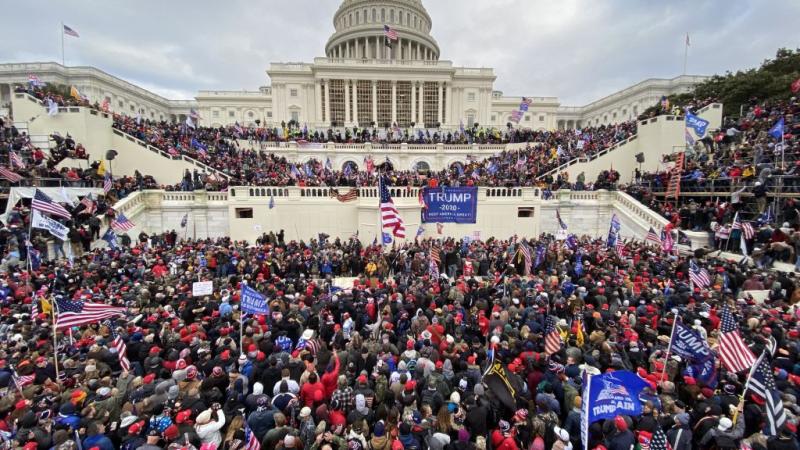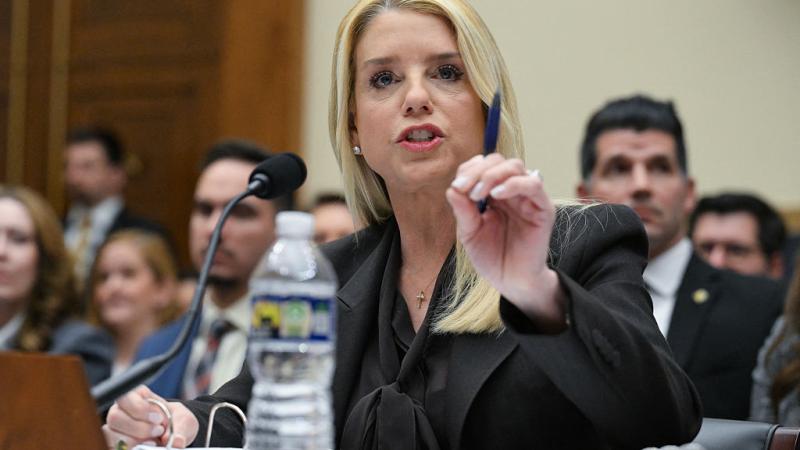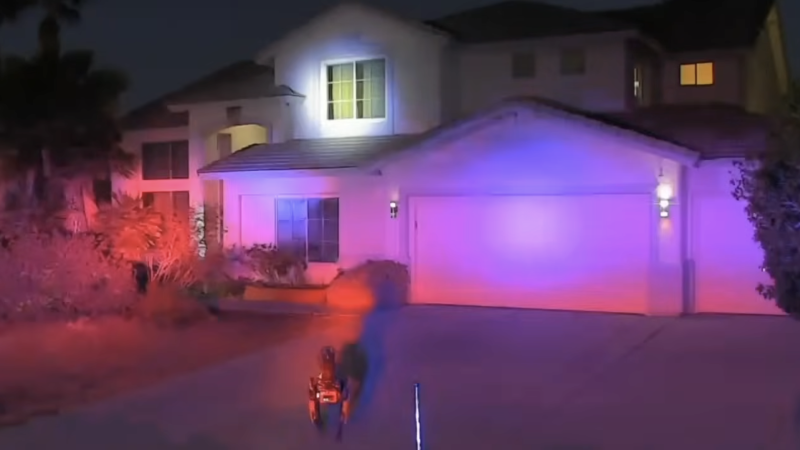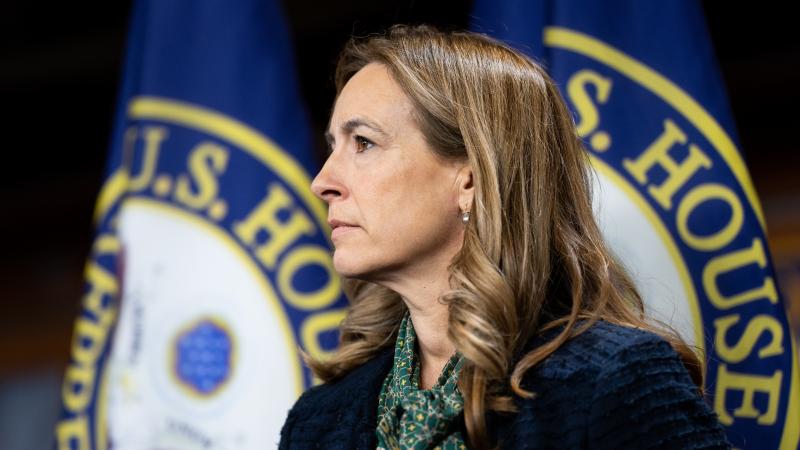Despite soaring property values, a 10-year old ballot initiative keeps Arizona taxes lower
Arizona Proposition 117 ensures homeowners don’t fall prey to a sudden increase that matches large home value spikes over the past year.
A decision by voters 10 years ago is keeping most Arizonans’ property taxes from skyrocketing as the market values on their homes rise as fast as anywhere else in America.
Property analytics company CoreLogic released its monthly Home Price Index last week showing U.S. home prices increased a record 20.9% in March compared to a year prior.
With increased values come higher property tax bills, but Arizona Proposition 117 ensures homeowners in places like Phoenix don’t fall prey to a sudden increase that matches its 30% home value spike over the past year.
Passed in 2012, the ballot initiative changed the state constitution to cap the annual increase of real property values to 5% year-over-year starting in 2015. Before the change, assessors had no limit on full cash valuation. The change meant limited property value, or LPV, would only increase by 5% unless the owner significantly altered the parcel or changed its use. Additionally, county officials could only use LPV when calculating taxes.
The initiative came from another period of skyrocketing property values following the Great Recession.
“Key lawmakers told me their willingness not to refer a (California) Prop. 13-type measure was running thin and that we needed to figure out something to protect taxpayers when you have that robust real estate market and values are growing rapidly,” said Kevin McCarthy, president of the Arizona Tax Research Association. “We looked at something that would limit valuation growth. We used to tax the full cash value, as well as the limited value and we simplified the system by only having one value that’s subject to tax.”
ATRA led the campaign to pass Prop. 117. McCarthy said California’s Proposition 13, the 1978 initiative that capped assessment increases at 2% annually except in the event of a sale or renovation, had proven too severe of a limit and likely would have met heavy opposition from Arizona cities.
ATRA Vice President Jennifer Stielow gave the example of a Chandler home with a 2019 full cash value of $249,800 but a limited property value of $198,654. Fast forward to 2023, the home's FCV is $406,300 due to the area's rapid home price increases. However, it's LPV had only risen 5% each year due to Prop. 117 for a taxable value of $241,465.
"The 32.6% increase in the FCV for tax year 2023 compared to the 5% increase in LPV is notable," Stielow said. "Since the FCV is no longer taxable with Prop. 117, taxpayers aren't exposed to higher taxes just because the market value of their homes increased."
As a result of Prop. 117 and other limitations on tax hikes from state lawmakers, Arizona’s effective real estate tax rate as of 2019 was 0.66%. The rate ranked as the 13th-lowest in the nation, according to a March report by WalletHub.
Meanwhile, homeowners in cities like Austin, Texas, are sounding alarm bells. A Texas Real Estate Research Center at Texas A&M report found median home values in the Lone Star State hit a record $300,000 in 2021. According to KXAN, it’s led to appraisal increases as high as 50% in some cases. Like nearly every state, Texas caps assessment increases, which is currently 10%.
But while most states have caps, the exceptions to the limits often decide which homeowners get hit with a surprise property tax increase.
In Texas’ case, the homestead exemption doesn’t apply to those who moved in after Jan. 1 of the tax year. That means the approximately 82,000 Californians that the U.S. Census estimates moved to Texas in each of the last few years won’t enjoy that protection in their new homes.













